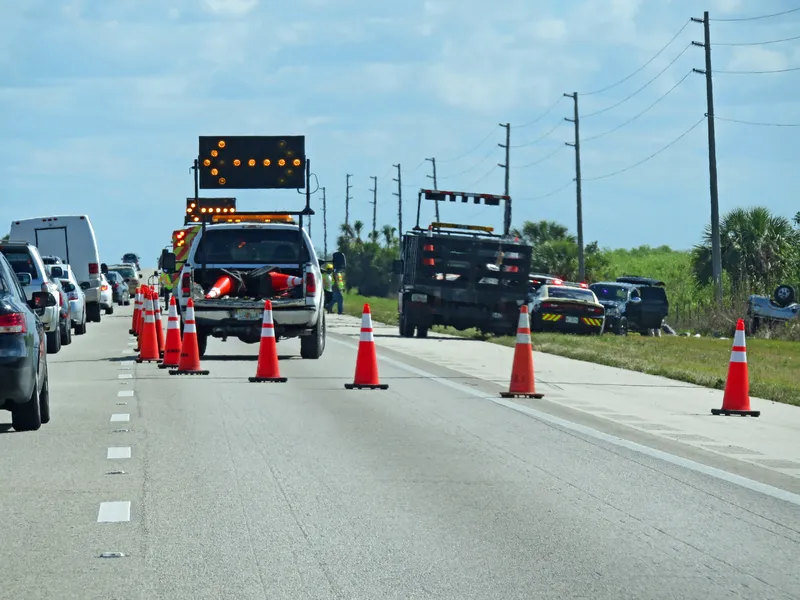Jenoptik has acquired a 92 per cent share in UK company Vysionics, in a deal which reflects the strategy of the Group to invest specifically in global growth markets.
The deal will enable Jenoptik, whose section control technology is already used successfully in Austria, Switzerland and Kuwait, to leverage Vysionics’ expertise in automatic number plate recognition (ANPR) and section control for international markets. In the UK, where section control is also widely used on construction sites in order to p
November 17, 2014
Read time: 2 mins
The deal will enable Jenoptik, whose section control technology is already used successfully in Austria, Switzerland and Kuwait, to leverage Vysionics’ expertise in automatic number plate recognition (ANPR) and section control for international markets. In the UK, where section control is also widely used on construction sites in order to provide greater safety for highway workers and drivers, Vysionics has already delivered more than 250 construction site section control systems to date.
Vysionics is one of the leading suppliers in the UK of section control technology, or average speed enforcement over a defined section of road. A further core competence of the company is ANPR, an essential part of many innovations within the industry.
According to Jenoptik´s president and CEO Michael Mertin, “This acquisition outside the Euro-zone is an important step in our growth process and in our medium- and long-term planning. As one of the leading companies for traffic law enforcement, not only do we gain access to the important UK growth market by acquiring Vysionics, but we also complement our innovative product portfolio. The latest technologies of ANPR and section control are important future-oriented solutions to improve traffic safety on roads worldwide. These technologies significantly strengthen the position of Jenoptik in global road traffic safety projects.”
Jenoptik CFO Rüdiger Andreas Günther adds: “The investment was made possible because of our good financial situation. In the interest of our shareholders, it will provide important momentum for additional profitable growth in our international business.”
Kevin Chevis, CEO of Vysionics states: “Integration within the Jenoptik Group offers enormous potential for our company and our employees. Our product portfolios ideally complement each other. With the global presence, financial strength and excellent reputation of Jenoptik, we are better able to expand internationally. Furthermore, we share with Jenoptik the same understanding of quality and customer satisfaction.”









